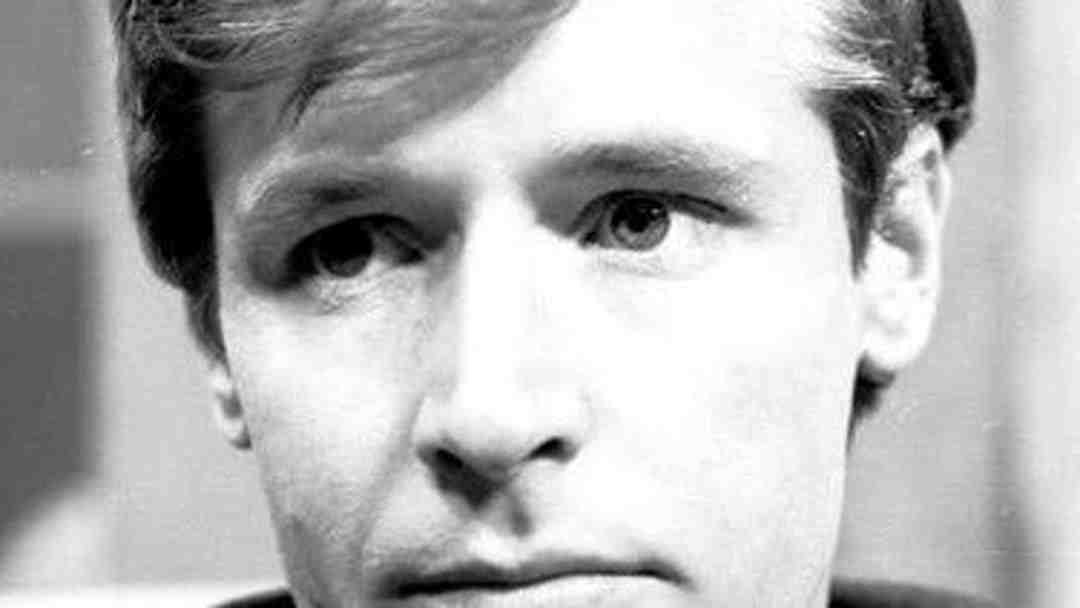
Introduction
The term ‘Iron Claw’ not only represents a popular wrestling move but is deeply intertwined with the legacy of the Von Erich family, who shaped professional wrestling in the United States. This notable family, known for their in-ring prowess and heart-wrenching tragedies, is the subject of the upcoming film ‘The Iron Claw’, starring Zac Efron, which is set to ignite interest in their storied past. Understanding the significance of the Von Erichs allows us to appreciate the impact they had on the wrestling industry and the cultural narratives surrounding fame and familial bonds.
The Legacy of the Von Erichs
The Von Erich family, originally from Texas, entered professional wrestling through patriarch Fritz Von Erich. Known for their compelling personalities and athletic abilities, the family became prominent figures in the wrestling world during the 1970s and 1980s, particularly in World Class Championship Wrestling (WCCW). The Iron Claw, a powerful grip used by Fritz and later his sons, became a symbol of their strength and fighting spirit. Tragically, the Von Erichs’ story is also marked by an astonishing number of untimely deaths, with several sons passing away prematurely, turning their family saga into one of triumph and profound sorrow.
Recent Developments and the Film
The movie ‘The Iron Claw’ aims to portray not only the glories of the Von Erichs’ wrestling careers but also the struggles they faced behind the scenes. Announced for release in late 2023, the film boasts a star-studded cast including Efron as Kevin Von Erich and is directed by Sean Durkin, whose previous work has garnered critical acclaim. Given the ongoing interest in biopics and wrestling culture, the film carries significant potential for re-engaging audiences with the profound legacy of the Von Erich family, exploring themes of mental health, loss, and the darker side of fame in the wrestling industry.
Conclusion
The release of ‘The Iron Claw’ is poised to not only entertain but also educate a new generation about the Von Erich family’s profound influence on professional wrestling. As fans fondly remember the unique contributions of this family, the film serves as a poignant reminder of the triumphs and tragedies that shaped their existence. It highlights the need for greater awareness around mental health issues, often overlooked in the high-pressure world of professional sports. Looking ahead, the film could spark discussions on legacy, familial bonds, and the personal struggles that often accompany fame, making it a significant cultural milestone for wrestling enthusiasts and casual viewers alike.
You may also like

Remembering Matthew Perry: A Look at His Life and Legacy

The Enduring Legacy of James Madison
